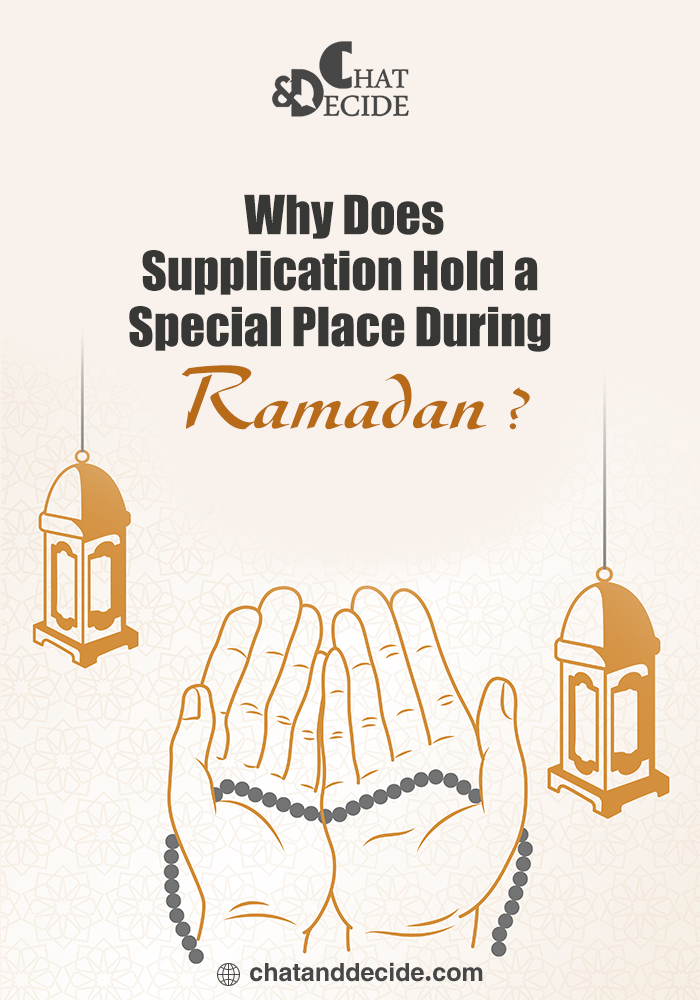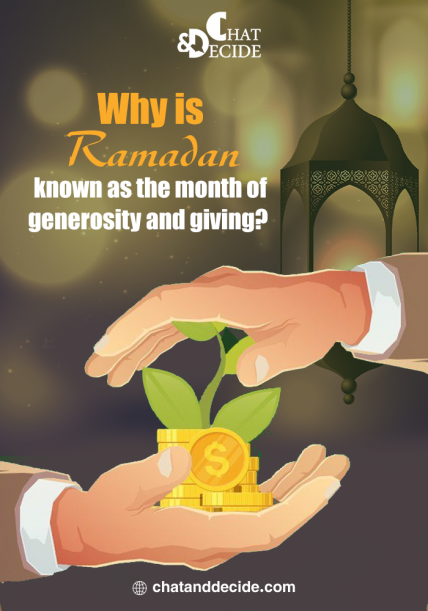Ramadan is not just a month of fasting; it is a time for spirituality and drawing closer to Allah. Among the most significant acts of worship that Muslims observe during this month is supplication (Dua).
It is a sincere moment when a person raises their hands, speaking to their Lord, seeking mercy and forgiveness, and hoping for goodness for themselves and their loved ones.
Muslims believe that supplication (Dua) during Ramadan holds a special status because this month is one of mercy, spiritual closeness to Allah, and acceptance of supplications.
Allah says, "And when My servants ask you concerning Me, indeed I am near. I respond to the invocation of the supplicant when he calls upon Me" (Quran 2:186).
Supplication in Ramadan is not limited to asking for personal needs but also encompasses praying for others’ well-being, for those in need to find relief, for the nation to experience peace, for the deceased to receive mercy, and for various wishes, whether in this world or the next.
Muslims make frequent supplications while fasting, at the time of breaking the fast, and during the nights of Ramadan, particularly in the last ten nights, believing that these moments are blessed.
Supplication (Dua) is not just a series of words spoken; it is a moment of spiritual clarity that provides a sense of safety and tranquillity.
It reassures the individual because they know that there is a God who hears them, sees them, and responds to them directly, without any intermediary, bringing them closer to inner peace and trust in Allah’s mercy.
#Ramadan #Supplication #Closeness_to_God #Inner_Peace




